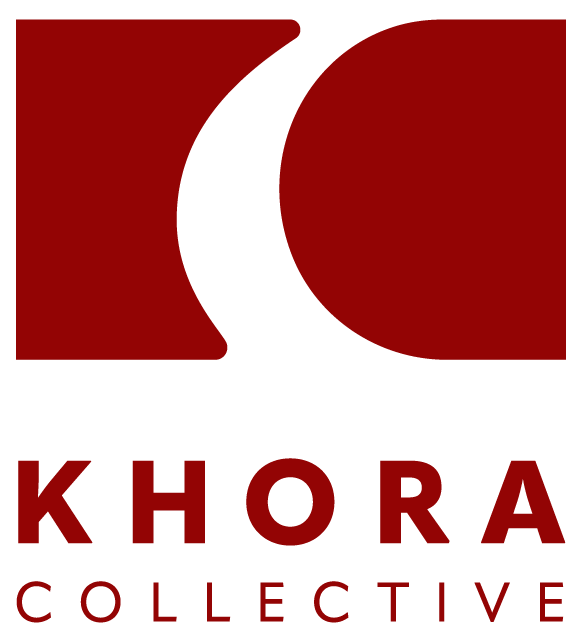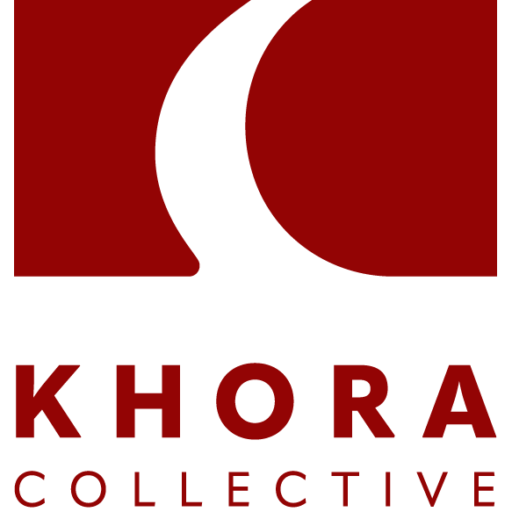
I didn’t realize how bad it had gotten until I looked in the mirror one day and fully examined my reflection. I had a consistent eye twitch. I could see the anxiety I was holding in my puffy and strained face. The stress of the toxic work environment I was in had literally changed how I looked. But even worse, it was changing how I felt inside.
There was one moment that finally made me stop pretending I was okay: I found myself in the emergency room with unexplained internal bleeding. The doctors couldn’t find a clear medical reason. But my body knew what I hadn’t yet been willing to fully admit—something in my life was breaking me down. And it wasn’t just the long hours or demeaning tasks. It was the constant fear, the unspoken tension, the manipulation, the gaslighting, and the sense that no one would believe me over my charismatic, powerful, deeply networked boss.
Working in toxic environments aren’t just “hard seasons.” Toxicity slowly chips away at your nervous system, your confidence, your sleep, your digestion—everything. Chronic stress dumps cortisol into your system, and your body adapts to survive in fight-or-flight mode. But we were never meant to live there.
What I went through is, unfortunately, not unique. Our bodies tell the truth, even when we lie to ourselves. Migraines. Panic attacks. Weight fluctuations. High blood pressure. Gut issues. Fatigue that sleep can’t fix. If you’ve experienced these in a toxic environment, pay attention to what your body is telling you. It might be trying to wave a red flag.
When I finally left that toxic space, I expected relief to come rushing in. But what I got instead was… silence. Then sadness. Then a kind of soreness in my soul I couldn’t explain.
I was surprised by the “friends” who decided not to reach out. What I learned is that the people inside of these toxic workplaces often become toxic themselves. They crave the false sense of security that toxicity provides–a filling up of their ego by remaining loyal to the toxic leader, or the misguided belief that they’re influencing change when all they’re doing is perpetuating harm. What’s worse is the troubling lack of self-awareness to admit that they’re trying to fill a void left from a dysfunctional psyche or traumatized past.
Why are you attracted to toxic relationships, anyway? It’s a challenging question all of us must reckon with.
Detoxing from Toxicity
It turns out detoxing from toxicity isn’t a day at the spa. It’s a process—sometimes painful, but always necessary. When we’re not intentional about the detoxification process, we transfer toxicity into new spaces leaving a new but familiar trail of trauma behind us. The funny thing is, the people who transfer toxicity from one place to the next often tend to blame everyone else except themselves. I’ve seen this happen time and time again.
One of the most surprising parts of my healing journey came when I booked a lymphatic drainage massage. I had heard it could help flush out stored stress, tension, and inflammation. I wasn’t expecting it to hurt. But it did. I was in over 90 minutes of pain. There was one part of my back that was so tightly knotted, it felt like the masseuse was pressing into a lifetime of tension. I winced. I teared up. And I asked, “Do you have to keep going?”
She looked at me, softened her voice, and said, “I know it hurts. But I’m not stopping. I care too much to let you walk away with this still in you.”
I was surprised because she didn’t even know me. She could’ve pretended my knot was gone. She stayed longer than she had to. She worked that knot with patience and persistence. Her commitment wasn’t just about muscles—it was about healing. In her presence, I realized something profound: We all need someone like that when we’re detoxing from the pain we carry.
Detoxing Requires Community
Detoxing—whether physically, emotionally, or spiritually—requires care, courage, and community. We need people who aren’t afraid to sit with us through the mess. People who don’t flinch when the pain surfaces. People who believe in our wholeness, even before we can see it.
If you’re reading this and you’re in the middle of your own detox, I want you to know: it’s okay if it hurts. Kneading the knots out may hurt in the moment, but it’s better than becoming numb or bitter. It may mean sharing your story with trusted friends. It may mean having hard conversations with those who hurt you. It may mean being gentle with yourself as you heal. All of this means you’re doing the hard work of healing. And you don’t have to do it alone.
Find your person. Or be that person for someone else. The one who won’t let the knot of trauma stay lodged in someone’s spirit. The one who gently, faithfully stays—even when it hurts.
Because healing is possible. And it’s worth every painful, necessary step.
Reflection Questions:
What signs has your body given you that it might be carrying stress or trauma?
Who in your life has stayed by your side during painful moments of healing?
Who might need you to be that person for them?
You’re not alone. And you don’t have to stay in a toxic space. Healing is not just possible—it’s sacred.
If you’re looking for a community of companions on your journey to healing, follow us at Khora Collective or better yet, join one of our upcoming cohorts. Apply here: https://forms.gle/eFweisdo8EruCL818

Dr. Yulee Lee is co-founder of Khora Collective and serves as Chief Executive Officer. Additionally, she is Chief Operating Officer of Stuff You Can Use, Visiting Faculty Instructor at Wheaton College, and Founder of The Change Leadership Institute. She holds a PhD in Educational Studies / Organizational Leadership from Trinity Evangelical Divinity School and a Masters in Public Policy from the University of Chicago. She and her husband, Dave, live in Orange County and have a son.
Purchase her book Leading Change While Loving People on Amazon.








1 Comment
Joyce Dalrymple
I resonate with so much here. Thank you for sharing your story, Yulee. So grateful to be in this healing community with you.